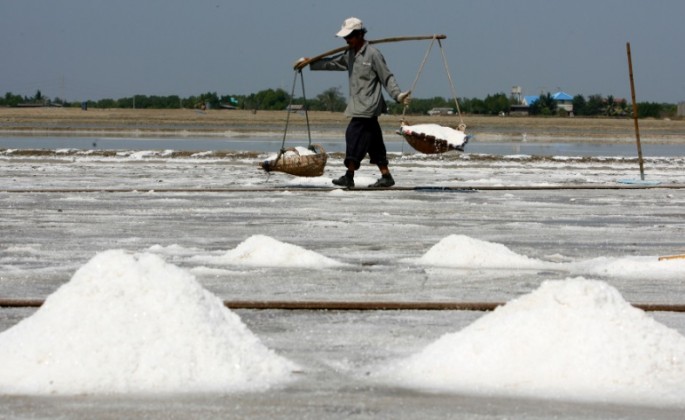The Chinese government has announced on Thursday that it will finally liberalize salt price control as part of its intensified efforts to put an end to the country's two-millennium monopoly in the industry, The Wall Street Journal reported.
The reform will take effect on Jan. 1, 2017.
The State Council, China's cabinet, revealed the provisions of the reform through a statement. It said that "the price of all salt-related products will be decided by the market."
Additionally, the government noted that they will now be allowing private investors to join the salt industry through partnerships with salt firms that currently exist in the market.
The State Council further stated that salt production and distribution firms will be allowed to sell the commodity in different regions across the country.
Throughout the rest of the year, there will be a transition period so that local governments as well as the business sector can adjust and prepare for the policy reform.
According to the State Council, the reform aims to revive and foster the vitality of the salt industry, which has long been monopolized by state-run companies.
However, though the reform gives more freedom, the Chinese government is still responsible for ensuring that over 90-percent quality salt reaches the local market.
Apart from policy changes, China also eyes to build a salt reserve that can hold an edible salt supply for one month.
The Wall Street Journal reported that though the reform does not "do away with the monopoly . . . it does attempt to give market forces greater sway."
The move has earned praise from several experts and scholars. Zou Jialai, a lawyer, stated: "It's a milestone for China's salt reform. The removal of state controls over price and distribution is big process for the industry."
China is one of the world's biggest salt-consuming nations because of its expanding population. Its growing 1.4 billion populace is also linked to a growing chemical industry and increasing dietary demand.



























